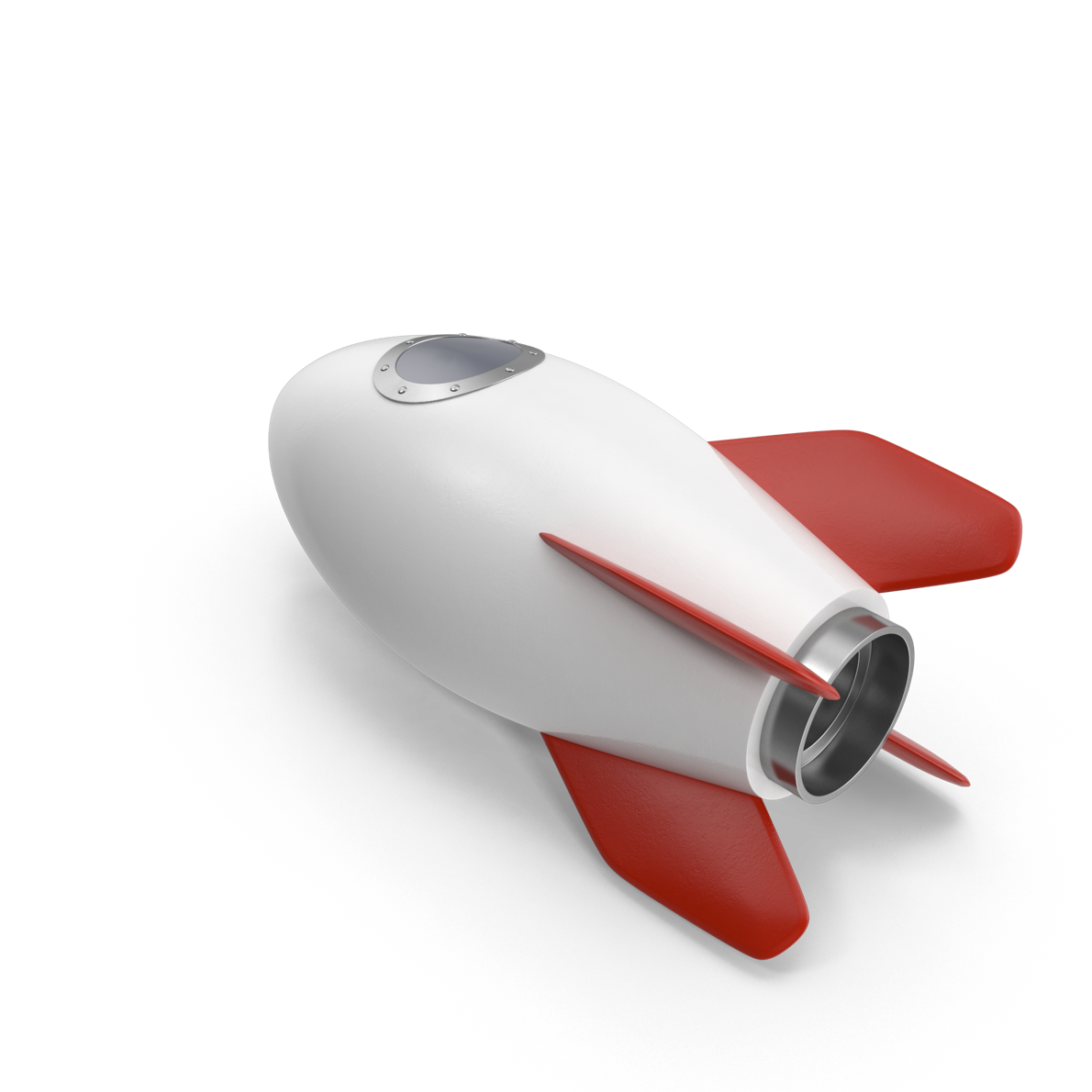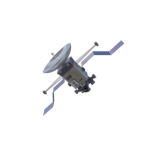
May 08 2025
~ 8 min read
Preface
This article takes a more personal tone than my other content so far. It reflects on some experiences and thoughts that have shaped who I am as an individual and how it has impacted my approach to tech leadership.
If you're here for more practical content or deep-dives, feel free to skip this one — I'll be back to more hands-on entries next time around.
Willkommen in Deutschland! 🇩🇪
It’s been a minute since my last post — as it turns out, moving across the world takes a fair amount of time and energy.
After a lot of planning (and a handful of carefully crafted spreadsheets), I’ve officially relocated to Germany with my family to start a new chapter in life.
Why now - and why Germany?
I’ve received this question quite a bit (naturally) and I believe it’s important for me to share a transparent answer as it sets the tone for who I am now, and what energy I am bringing to the next chapter, both personally and professionally.
Living in Europe has been a long-time dream for my wife and me, something we talked about back when we first got married. We didn’t know when or how it would happen, but we always said: if we ever got the chance, we’d take it. However, the motivation behind this move goes well beyond geography and adventure (although those are certainly a major plus!)
I’ve been struggling for some time to make peace with what America has become — or maybe more accurately, what it’s always been beneath the surface. The America I believed in growing up feels more like a myth I’ve since had to unlearn. If you're reading this from the U.S., maybe you feel it too: a slow erosion of justice, empathy, and trust in our institutions. The political chaos is exhausting, but what’s harder is explaining to your kids why things are this way — and that for many, they always have been.
In addition to these realizations, my day-to-day life in the U.S. had become a kind of unsustainable treadmill. My wife and I were both working full time, our kids were in school full time, and we were barely seeing each other during the week, our weekends also jammed with obligations. We were constantly tired, constantly sick, and constantly falling short of the life we thought we’d earned. I followed all the unwritten “rules” of success in life —a college degree, professional career, owning a house—and yet, something still felt deeply broken.
Eventually, I realized: I wasn’t really living. In fact, I was barely functioning.
I had the overwhelming realization that Americans had become a commodity, a product, optimized for productivity and programmed for spending at the altar of consumerism, squeezed by a glorified hustle culture and a debt-driven system that promises joy and freedom but only after 30+ years of sacrifice. I personally experienced and heard this story many times, from many different people across multiple backgrounds and experiences. I felt trapped - and I knew I couldn’t keep living life this way without a serious toll on my physical and mental health.
The Impetus for Change
In 2020, my father passed away during the height of the COVID-19 pandemic. He had asthma, and COVID pneumonia was the final blow. He spent his life, starting at the age of 13, working from sunup to sundown. And in the end, he didn’t get the retirement he dreamed of or the dignity he deserved.
My whole life, I watched as the systems in America continued to fail him time and time again. Fighting to receive the social security dollars he was entitled to. Watching as the spiritual “family” he would have given his life for consistently backstabbed, gossiped, betrayed and took advantage of his loyalty. Being unable to hold down a stable job due to the stigmas around mental health, continuously being misunderstood and mistreated. Agism. And ultimately, trusting in the messages and guidance of government leadership that led to his untimely death. Watching this unfold changed me forever.
Then in May 2023 in Allen, Texas, a mass shooting happened just 15 minutes from my home — almost exactly a year after the Uvalde school shooting tragedy. It shook me. I remember the photos. I remember the fear. For months afterward, my wife and I were in tears nearly every morning, terrified as we dropped our kids off at school, hoping that they wouldn’t become a part of one of the most horrifying statistics in America.
Since 2000, the U.S. has seen 574 school shootings, claiming 462 lives. In 2024 alone, there were 56 incidents, resulting in 28 deaths and 70 injuries.1
Sometime later, I drove to that mall’s empty parking lot and sat there in silence, trying to process what it meant to live in a place where this had become normal.
Eventually, something broke in me. I realized I had two choices: I could accept things as they were, or make a change.
I chose the second.
In the summer of 2024, my wife and I decided we weren’t going to wait for a “perfect” time to pursue our dreams. We were going to make it happen now. We built a timeline, a checklist (with dependencies and milestones, of course), and started putting one foot in front of the other. We sold our house, our cars, and everything we owned that didn’t fit in a 10x8 storage unit and 8 suitcases.
And now here we are. Pets in tow. In Germany.
An Acknowledgement
I want to take a moment to acknowledge the privilege woven into this story. Not everyone has the means, timing, or support system to hit reset in such a dramatic way. We were fortunate to be in a position to make this leap—and we did it with intention, not impulse.
I’m not sharing this with you to be a feel-good story about making a big move. It’s about awareness — of what wasn’t working. It’s about priorities — what matters enough to change for. And it’s about the courage to question the path we’re handed, even when it looks like “success” from the outside.
Clarity didn’t begin when we boarded the plane. It began the moment we stopped pretending everything was fine.
The Quiet Efficiency of Just Enough
So, what am I pursuing in my next chapter in Germany?
Two main things:
Simplicity. A slower pace. Fewer moving parts. More time spent living instead of managing life.
Intentionality. Clarity about what matters, and a commitment to act accordingly—in family, friendships, and work.
One of the things that drew me to Germany is how deeply simplicity and intentionality are woven into daily life here. Systems are designed to work well, not just to impress. There’s a cultural respect for doing things thoroughly, thoughtfully, and without unnecessary complication.
Whether it's public transport that actually runs on time, recycling systems with four bins, or the way Sundays are deliberately quiet and commerce-free, the message is clear: not everything needs to be faster, louder, or more optimized. Sometimes, good enough and sustainable is the better choice.
And it’s a refreshing contrast to the constant pace of “more, faster, now” that I left behind.
The Over-Engineered Industrial Complex
As you may have guessed - I’m also bringing these principles into my professional life as well.
Early in my career, I bought into the myth that complexity equals sophistication. I’ve since learned that most of the time, it just equals pain.
The best solutions, the ones that actually held up under pressure, were always the simplest.
Over-engineering felt smart until it came time to explain it to someone else, or worse, fix it six months later.
These days, I believe intentionality isn’t just a nice-to-have — it’s the whole job. If we’re not solving the actual problem in front of you in a way people can use and maintain, what exactly are we doing?
And yes, I realize I’m dangerously close to quoting Jurassic Park here — but Dr. Ian Malcolm nailed it.
“Your scientists were so preoccupied with whether or not they could, they didn’t stop to think if they should.”
Swap out “scientists” for “developers” and… yeah. You get the idea.

It’s my opinion that unfortunately, the greater tech world has developed a serious case of “we could, so we did.” Features, frameworks, entire platforms built because we could, not because we should.
This isn’t a call to kill innovation - but to shift our mindset to “we could - but we thought better of it.” Simplicity, clarity, and sustainability should be requirements for technology solutions in 2025. If your system is so complicated that no one wants to touch it, it’s not impressive, it’s broken.
Sometimes, the most responsible thing we can do is tear it down, admit it didn’t work, and build something better - with simplicity and intentionality in mind.
Up Next -
From the moment I arrived here in Germany, I’ve already experienced some amazing examples of how Germans are using intentional, simple technology, combined with ingenious low-tech solutions, to augment their businesses and provide incredible user experiences.
I am excited to share more about that with you soon in my next article!
share the love
The views and opinions expressed on this blog are the author's own and do not reflect those of their employer, past or present. Any content shared here is for informational purposes only and should not be taken as professional or legal advice.
The Afterburner
The conversation continues with additional thoughts, insights and commentary.I briefly mentioned Germany’s recycling system, public transit, and slower pace of life - here are a few more quick stats to add to the discussion.
Gun Violence
- Germany's firearm-related homicide rate is among the lowest globally, at approximately 0.065 per 100,000 people as of 2020. (Source)
- Germany enforces some of the strictest gun control laws in Europe. Firearm ownership requires a license, which mandates thorough background checks, psychological evaluations for individuals under 25, and demonstrable need for possession. (Source)
Health
- Healthcare Spending: Germany allocates about 12.8% of its GDP to healthcare, the highest in the EU. (Source)
- Out-of-Pocket Costs: Copayments are capped at 2% of gross annual income, or 1% for chronically ill individuals. (Source)
Sustainability
- PET Beverage Bottles: Germany's deposit system contributed to a 97.6% recycling rate for PET beverage bottles in 2023, with 99% of bottles collected. (Source)
- Greenhouse Gas Emissions: Germany's greenhouse gas emissions dropped by 10% in 2023, reaching 673 million tons—the lowest level since reunification. This positions the country on track to meet its 2030 target of a 65% reduction compared to 1990 levels. (Source)
- Renewable Energy: Renewables accounted for over 50% of Germany's electricity generation in 2023, with wind and solar being the primary sources. (Source)
Work & Life Balance
- Germany ranks 6th in the 2025 Global Life-Work Balance Index, reflecting strong labor protections, healthcare access, and generous leave policies. (Source)
- Parental Leave: Germany offers up to 14 months of paid parental leave, with 12 months standard and an additional 2 months if both parents share the leave. (Source) The U.S. lacks a federal mandate for paid parental leave, making it the only OECD country without such a policy. (Source)
- Working Hours: In 2023, Germans averaged 1,343 working hours annually, the lowest among OECD countries. This reflects a national trend towards shorter working hours and a focus on productivity over prolonged workdays.(Source)
This article appears to have resonated with a lot of my readers. I want to say a heartfelt thank you to everyone who reached out.
I really appreciate your stories and encouragement, it means the world! 💛
